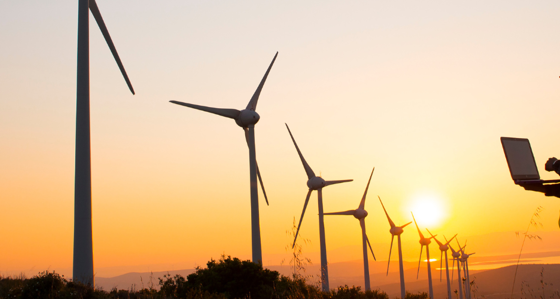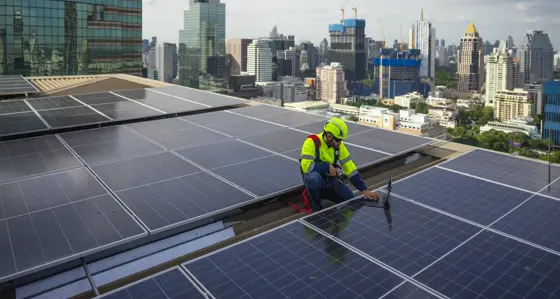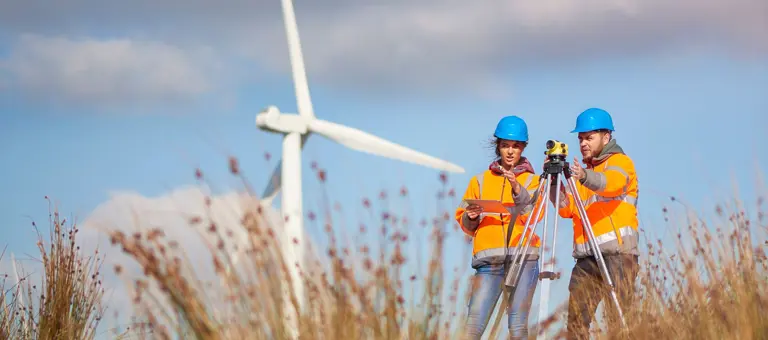With the recent announcement for a general election on 4th July 2024, the UK’s decarbonisation pathway has come under focus. The energy transition has been a salient topic for both main parties, the Conservatives and Labour.
In 2021, the current government committed to a net zero power sector by 2035. This was seen as a landmark decision that was designed to boost domestic growth in the sector.
This was put to the test during the Russian invasion of Ukraine which prompted the energy crisis and the subsequent cost of living crisis. These events signalled the need for an accelerated energy transition and have led to the future of energy taking centre-stage in the upcoming elections.
The opposition Labour party have sought to build upon the incumbent’s targets by pledging a decarbonised power system by 2030. The Labour party have explicitly cited an accelerated decarbonisation pathway as being imperative to increasing energy security and affordability. Here the incumbent diverges, as the Conservatives have raised concerns over an accelerated pathway costing the tax-payer too much and leaving the UK’s energy supply chains at risk of international volatility.
In this report, we analyse the party stances towards decarbonisation and why both of their targets remain at risk.
Spurred by the parties’ ambitious targets to decarbonise the power system, we will be releasing a series of pieces following on from this introductory note which will explore four key challenges to reaching a net zero power sector.
- The first issue will be centred around the challenge of deploying a sufficient volume of renewables.
- The second will take a step back and assess the ability of the existing and proposed grid infrastructure to efficiently deliver power for a net zero system.
- The third will discuss the implications of retiring thermal plants and what this requires in system services.
- The fourth, and final challenge, will explore the importance of low-carbon dispatchable technologies and their required deployment for a Net Zero system to cover the periods when renewable generation is low.
Each issue will analyse one of the challenges across five lenses: finance, technical, supply chain, policy, and social cost and affordability. In doing so, we seek to highlight the importance of a thorough and holistic decarbonisation plan in order to come within reach of a net zero power system within the next decade.
Our Experts


Related Insights

Renewables Market Scanning Report
Which are the most attractive markets for investing in renewable assets globally?
Read more
What’s needed to build interconnectors for Southeast Asia’s energy transition?
The European experience of building interconnectors offers key insights.
Read more
Preparing for the EU's regulation on deforestation-free products
Is your supply chains prepared for the incoming EU Deforestation Regulation? In this article we share what you need to know in preparation for the new regulation, and how Baringa can help you.
Read more
Smart Water Metering: lessons learned to help us tackle water scarcity
This report includes recommendations for greater levels of central coordination, common standards and investments in customer engagement and data sharing. It also provides water companies with a wealth of lessons learned to help them successfully deploy meters and use the data to drive water efficiency benefits.
Read more